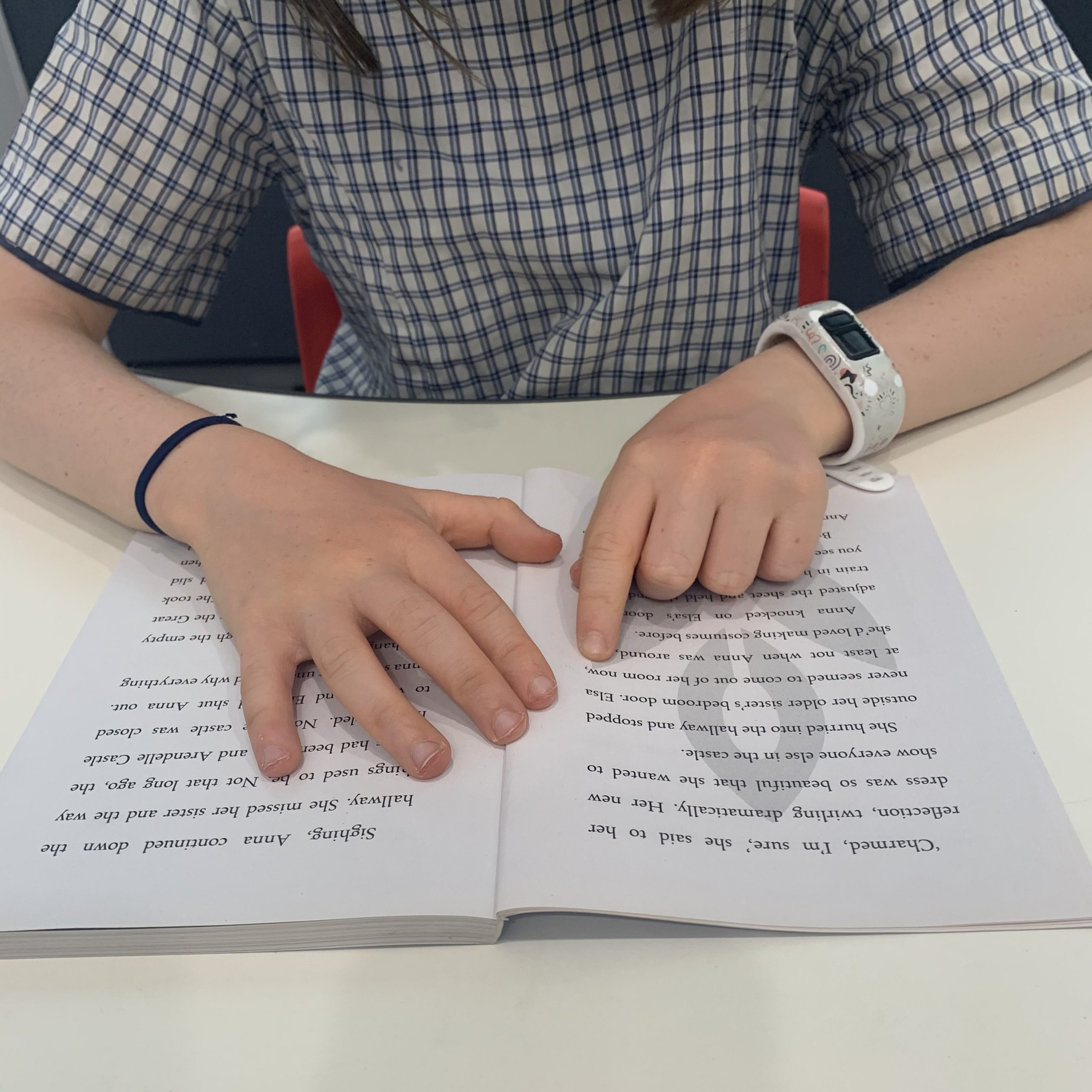
Children who do not learn to read in the first few years of schooling will often struggle at school. This is because reading underpins most academic learning. When children have trouble learning to read, parents often ask “why can’t my child read?”.
Reading involves a lot of different things. Students need a strong foundation to learn to read. There are 5 steps that are an important part of reading. When children develop their skills across all these areas, then reading success is more likely.
Phonemic Awareness
This is knowing that words are made up of sounds, that some words sound similar, that if you change a sound then it becomes a different word. You will often hear children making funny rhyming words about the time they start school. They may begin to notice that one word is similar to another word. This is all part of phonemic awareness. It is the foundation block to reading, the first step in leaning to read. We expect that most children will have developed some of these skills before they start school.
Phonics
This is the understanding that letters make sounds. Each individual letter can make a sound (or a number of sounds in some cases). and 2 or more letters grouped together can also make a sound. When you see the letter ‘t’, you know what sound it makes. When you see the letters ‘ou’, you know that it can make a number of sounds.
Fluency
This is the ability to read without having to stop and sound out words. For young children starting school, this means that they learn what we call ‘sight words’. Sight words are words that occur frequently in books, but they are words that young children can’t sound out. They can be words such as ‘you, like and said’. Young children aren’t expected to read these words because they haven’t learned the phonics for them yet. They are taught to ‘rote’ learn them and this helps them read more fluently in the beginning.
Vocabulary
This is understanding the meaning of words, develops from a very young age. Children learn the meaning of words through their everyday exposure to language. As young children learn to read, working out what a word says and matching it to the meaning becomes another step in learning to read.
Comprehension
This is the ultimate goal in reading. This is what it is all about. When all the other skills come together in a cohesive manner, your child can understand words and the overall meaning of what they are reading.
What do I do if my child can’t read?
Sounds Write is a quality phonics approach that has a strong evidence base and is used widely around the world, especially in the United Kingdom and Western Australia. For more information on Sounds Write and the research behind the approach, go to http://www.sounds-write.co.uk.
If your child can’t read or starts to fall behind in their reading then they will probably require an assessment and intervention. OneOnOne Children’s Therapy offers the Sounds Write approach as our primary intervention for children who have trouble reading and/or spelling. We use the Sounds Write approach to get children back on track with reading and spelling.
We’re here to support you
At OneOnOne Children’s Therapy, we believe that every child deserves the opportunity to grow and thrive.
Our clinics are not just a space for therapy – it’s a place where children can discover their strengths, overcome challenges, and reach their full potential.
By combining innovative therapy techniques with a stimulating and supportive environment, we’re proud to offer a holistic approach to paediatric therapy and early intervention that addresses the unique needs of each child we support.
Reach out for support
If you’re concerned about your child’s literacy development or want to learn more about how our Speech Pathologists and Sounds Write can help your child, OneOnOne Children’s Therapy is here to help.
Call our Bondi Junction and Mascot clinics on (02) 80657837 or email. You can book a free 30 minute phone call with us to discuss how we can support your child’s unique journey
